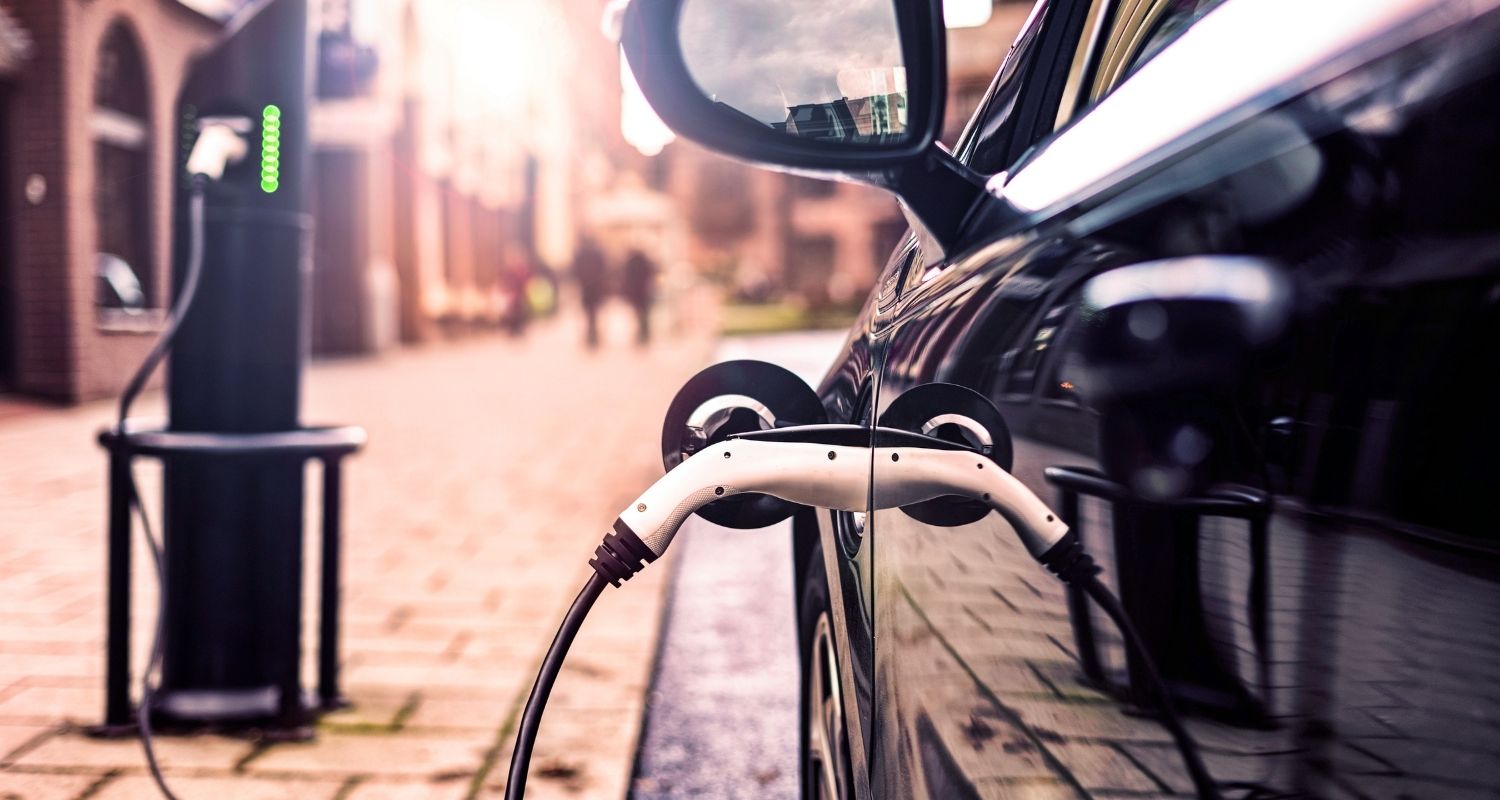
Season 4, Post 7: Keep on charging
Over 10m electric vehicles will be sold this year, a 40% increase relative to 2021. More will be sold in the future given that 150+ new EV models are set to come to the market over the next three years (data from BNEF and IHS Markit respectively). Almost every vehicle manufacturer now seems to accept the inevitability of an increasingly electric future. General Motors says it will eliminate the sale of all fossil fuel powered vehicles by 2035, Ford states it will only sell EVs in Europe from 2030, the same date by which Fiat asserts it will be an all-electric company. A growing list of other companies are making similar commitments..
However, if the future is looking more electric, then we need the supporting infrastructure. President Biden has called for 500,000 new public charging stations by the end of 2030, with Congress having allocated $7.5bn towards EV charging as part of America’s Infrastructure Investment Act passed last year. Whether this will be sufficient is not clear, but we were excited to learn about the possibility of electrified roadways as a solution for wireless charging. Put simply, as you drive, your car charges. Wireless charging infrastructure sits under the asphalt.
Electreon Wireless, an Israeli business, made recent headlines by being awarded the first trial of its technology in the US. A one mile stretch of road in Detroit’s Michigan Central district should be ready for testing early next year. This complements other projects Electreon has underway in Germany, Israel, Italy and Sweden. A plug-free charging network for 200 public buses is set soon to launch in Tel Aviv. Other players also experimenting within the space include WiTricity and Momentum Wireless Power.
The advantages of such approaches are compelling since EVs could, theoretically, operate around the clock – and with unlimited range. This could be a game-changer for transit buses, delivery vans and long-haul trucks. Vehicles would not need to be taken out of service for charging. Clearly, more up-time means more revenues for fleet owners and superior customer service for transit businesses. In the future, imagine the potential opportunity for autonomous robo-taxis. There’s always a catch though. Vehicles that wirelessly charge would almost certainly cost more than currently expensive EVs, let alone more conventional vehicles. Whether all users would want to pay a monthly subscription – the most likely business model – for wireless charging services also remains unclear. Regardless, what we do know is (as Kevin Clark, the CEO of Aptiv, a leading auto systems integrator, puts it), “the path towards the software-defined vehicle is accelerating.”
16 February 2022
The above does not constitute investment advice and is the sole opinion of the author at the time of publication. Heptagon Capital is an investor in Aptiv. The author of this piece has no personal direct investment in the business. Past performance is no guide to future performance and the value of investments and income from them can fall as well as rise.
Alex Gunz, Fund Manager
Disclaimers
The document is provided for information purposes only and does not constitute investment advice or any recommendation to buy, or sell or otherwise transact in any investments. The document is not intended to be construed as investment research. The contents of this document are based upon sources of information which Heptagon Capital LLP believes to be reliable. However, except to the extent required by applicable law or regulations, no guarantee, warranty or representation (express or implied) is given as to the accuracy or completeness of this document or its contents and, Heptagon Capital LLP, its affiliate companies and its members, officers, employees, agents and advisors do not accept any liability or responsibility in respect of the information or any views expressed herein. Opinions expressed whether in general or in both on the performance of individual investments and in a wider economic context represent the views of the contributor at the time of preparation. Where this document provides forward-looking statements which are based on relevant reports, current opinions, expectations and projections, actual results could differ materially from those anticipated in such statements. All opinions and estimates included in the document are subject to change without notice and Heptagon Capital LLP is under no obligation to update or revise information contained in the document. Furthermore, Heptagon Capital LLP disclaims any liability for any loss, damage, costs or expenses (including direct, indirect, special and consequential) howsoever arising which any person may suffer or incur as a result of viewing or utilising any information included in this document.
The document is protected by copyright. The use of any trademarks and logos displayed in the document without Heptagon Capital LLP’s prior written consent is strictly prohibited. Information in the document must not be published or redistributed without Heptagon Capital LLP’s prior written consent.
Heptagon Capital LLP, 63 Brook Street, Mayfair, London W1K 4HS
tel +44 20 7070 1800
email [email protected]
Partnership No: OC307355 Registered in England and Wales Authorised & Regulated by the Financial Conduct Authority
Heptagon Capital Limited is licenced to conduct investment services by the Malta Financial Services Authority.



